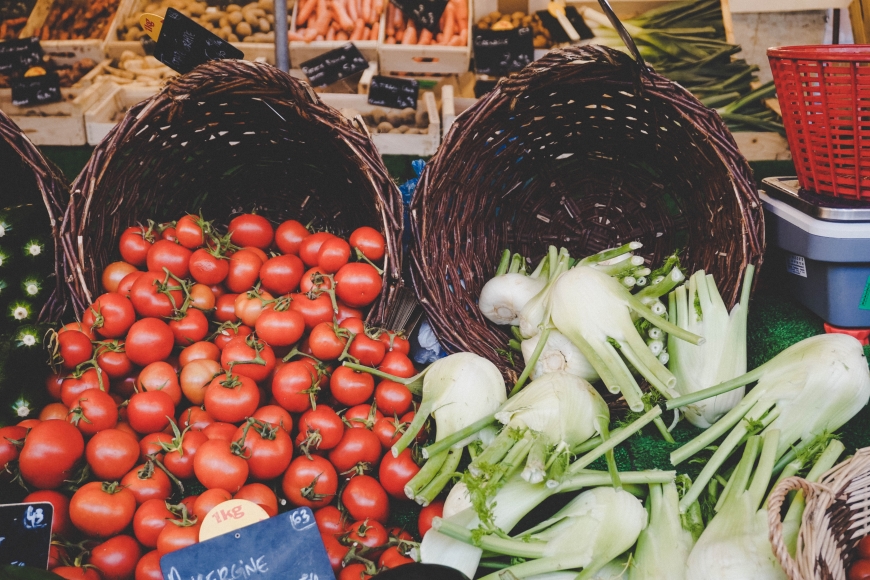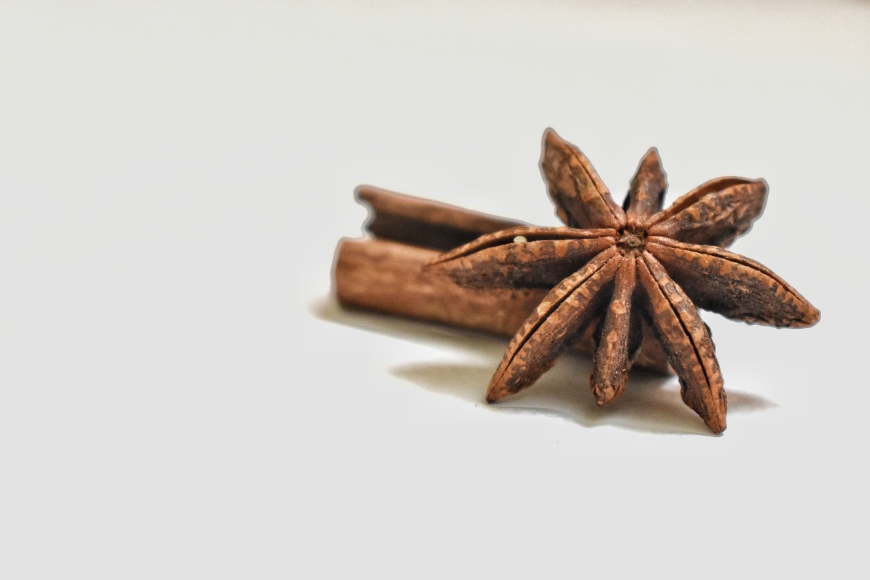The Marvels of Fennel

Fennel is a little-known but powerful ingredient in Ayurveda. This is an ancient digestive which has immense body system regulation benefits. For instance, it helps with bone health, blood pressure regulation, and proper cardiac functioning. Further, it can assist cancer treatment in some cases. You’ll find that it has a licorice-like flavor and adds a fabulous kick to freshly cooked food. Above all, all its plant parts are edible – namely the bulb, stalk, leaves, and seeds.
Here are some reasons to include the fennel seed in your diet.
Nutrient Density
The fennel seed is rich in both macro and micronutrients. Just one raw fennel bulb is rich in protein (2.9 grams), carbohydrates (17 grams), and fats (7.3 grams). Best of all, it is low in calories (73) and fat content (0.47 grams) and contains zero cholesterol. In addition, it packs in some key micronutrients too. For instance, one cup of fennel contains potassium (360 mg), sodium (45 mg), vitamin A (838 IU), calcium (43 mg), and magnesium (15 mg). That’s not all – it also contains trace elements such as phosphorus, zinc, copper, manganese, selenium, and vitamins E and K. Each of these are vital to long-term health.
Bone Health
The presence of phosphate and calcium can sustain the bone structure. Further, the manganese mineral helps with bone matrix formation. Thirdly, compounds such as iron and zinc can help with collagen maturation and formation. Finally, vitamin K in fennel seeds is essential to avoiding fractures, modifying bone matrix proteins, and improving calcium absorption. As a result, it lowers calcium levels in the urine as well.
Blood Pressure Maintenance
You’ve probably already heard that lowering your salt consumption can regulate blood pressure since this keeps your sodium levels in check. However, not many discuss that it’s just as important to increase your potassium intake alongside. This is because potassium can help with the dilation and constriction of blood vessels, otherwise knows as vasodilation. In this regard, fennel seeds are essential to meeting daily potassium requirements. Further, it contains calcium and magnesium too. All three of these nutrients work in combination to lower blood pressure.
Thirdly, these seeds carry daily nitrates which can protect the heart and lower blood pressure. In fact, a 2014 study reports that subjects saw a decline in blood pressure once they began to consume nitrate supplements. Thus, fennel seeds are a great addition to the diets of cardiac patients in particular.
Cardiac Health
Along similar lines to the point above, fennel seeds can do wonders in promoting heart health. This is because they contain high levels of fiber, potassium, folate, as well as vitamins C and B-6. Moreover, the absence of cholesterol prevents clogging and buildup of arteries. Each of these factors enables healthy and optimal blood flow.
Among these nutrients, potassium is especially beneficial. For instance, one study finds that people consuming 4,096 mg of potassium a day had a lower risk of death by 49% in comparison to those taking a lower dosage of 1,793 mg a day.
Finally, vitamins B-6 and folate converts the homocysteine compound into a less harmful one, otherwise known as methionine. In this manner, it prevents blood vessel damage and potential heart problems.
Cancer Prevention
Fennel seeds can prevent cancer due to the presence of selenium, fiber, folate, and vitamins A and C. Firstly, it’s important to note that selenium is rare in fruits and vegetables – which makes fennel all the more valuable. This nutrient can enable proper liver functioning, detoxify cancer-causing compounds, and can also prevent inflammation and tumor growth rates. Secondly, higher fiber intake can boost digestive health and promote bowel movement. As a result, it can prevent or help to cure colon cancer.
Thirdly, vitamins A, C, and beta-carotene act as powerful antioxidants. Hence, they can protect cells from free radical damage which is often a common cause of tumors and cancer cell growth. Fourthly, folate can help with DNA synthesis and repair. Thus, DNA mutations can prevent cancer cell growth.
Oestrogen Level Maintenance
Oestrogen is a vital hormone of the female reproductive cycle that helps to maintain fertility. As with any case of hormonal imbalances, suboptimal or untimely oestrogen levels can interfere with the functioning of your various bodily systems. For instance, a study among mice finds that estrogen imbalances can cause affect body weight, appetite, fat levels, and energy expenditure. Thus, it’s no surprise that low oestrogen women typically causes abdominal weight gain, especially amongst menopausal women.
Thankfully, long-term fennel seed consumption can restore such imbalances. Simply add this to your food or beverages. However, you may wish to speak to your doctor or gynaecologist if you face more serious forms of hormonal imbalances.
Higher Iron Absorption
Approximately 2 billion people worldwide face iron deficiencies. This makes it among the most common nutrient deficiency diseases in the world. Furthermore, it ranks among the leading causes of anaemia too. Of course, eating iron-rich fruits and vegetables such as spinach and dry fruits can help. Moreover, it helps to pair foods high in vitamin C with such foods to boost absorption levels. Here’s where fennel comes in. So, make sure to pair foods such as citrus fruits, fennel, and peppers with their iron rich counterparts for best effects.
Skin Health
The vitamin C in fennel has more benefits than just iron absorption. For instance, it supports adequate collagen levels which is a protein that constitutes the support system of the skin. Further, it serves as an antioxidant to prevent the skin from sun, smoke, or skin damage. Finally, it can keep your skin smooth and supple by getting rid of wrinkles.
Takeaways
Overall, fennel seeds are an amazing addition to most savoury foods, beverages, and desserts. This is because it is crunchy and mildly sweet which suits both raw and cooked dishes. For instance, you can use the stalk as a soup base, roast whole fennel bulbs as an entree to a meal, or sauté its leaves and stalks with onions for a quick side dish. Alternatively, you can add sliced fennel to raw vegetables for a quick salad. Above all, you’ll reap these benefits once you begin consuming this long-term – such as improved bone, cardiac, and skin health, iron absorption, and cancer prevention. Finally, quick tip – look up some other warming spices you can add in with fennel seeds to take these benefits further.
Check out the benefits of another spice, cloves, over here.
Join us here at Mekosha for an all-natural Ayurvedic spa treatment in Kerala.








